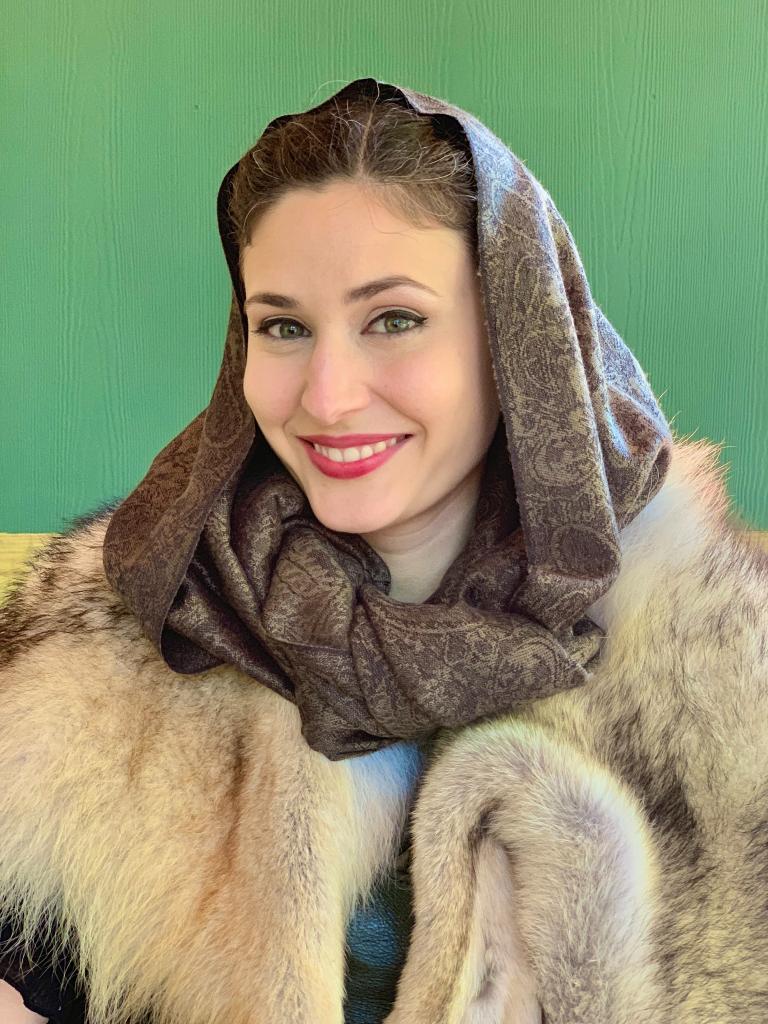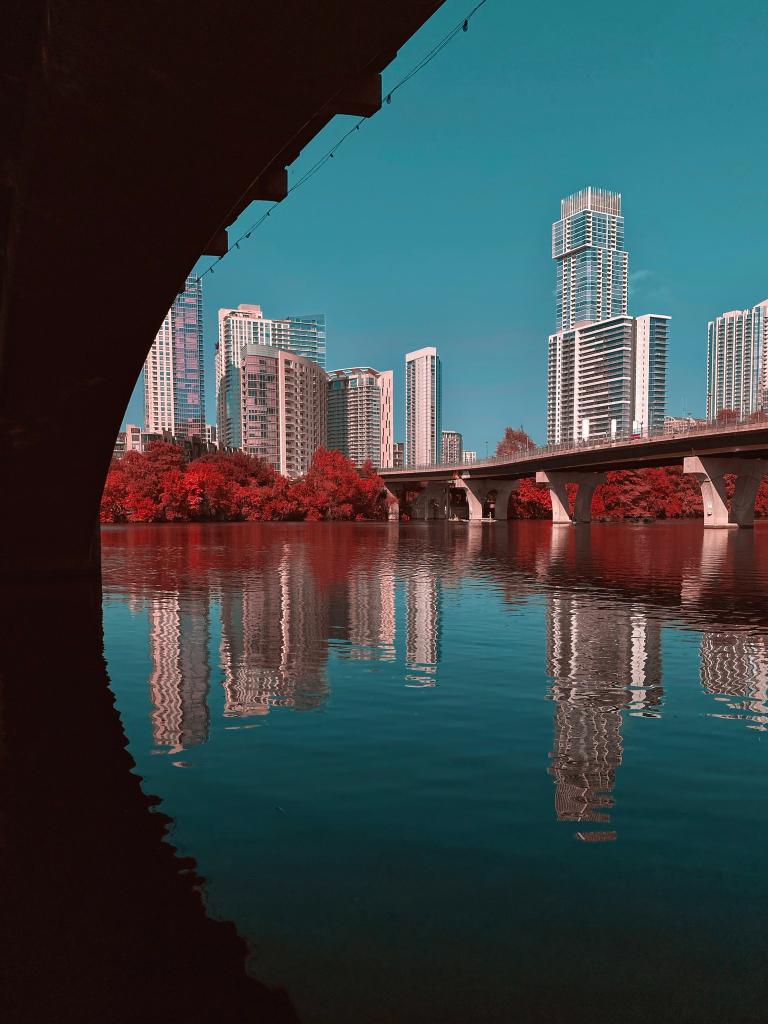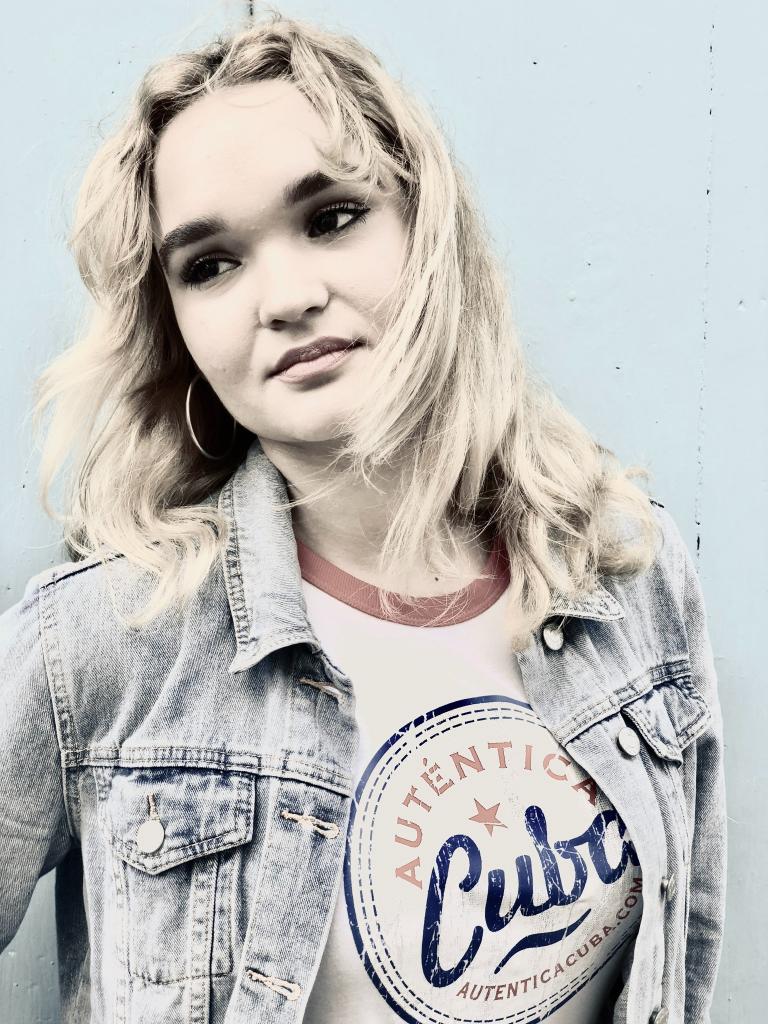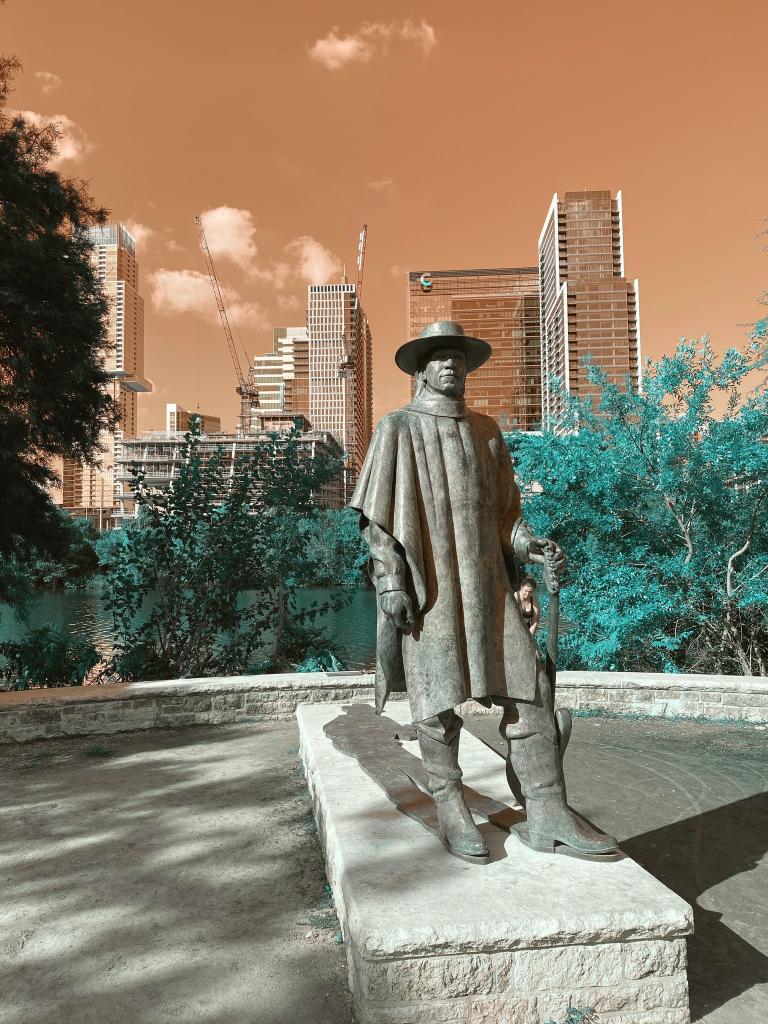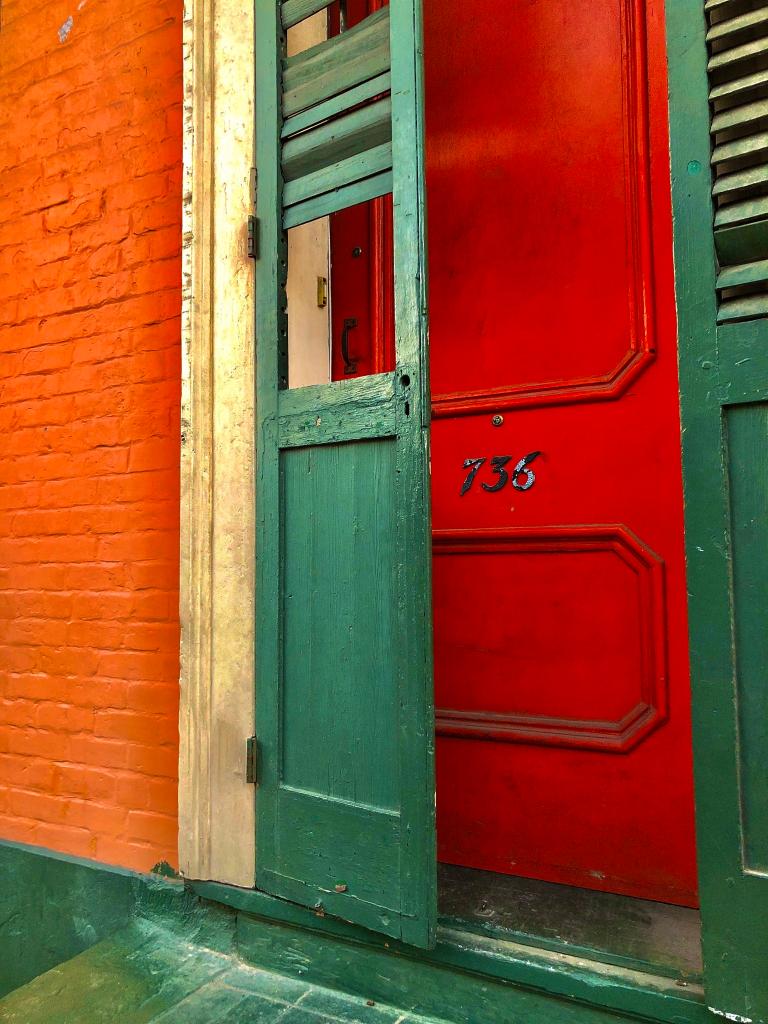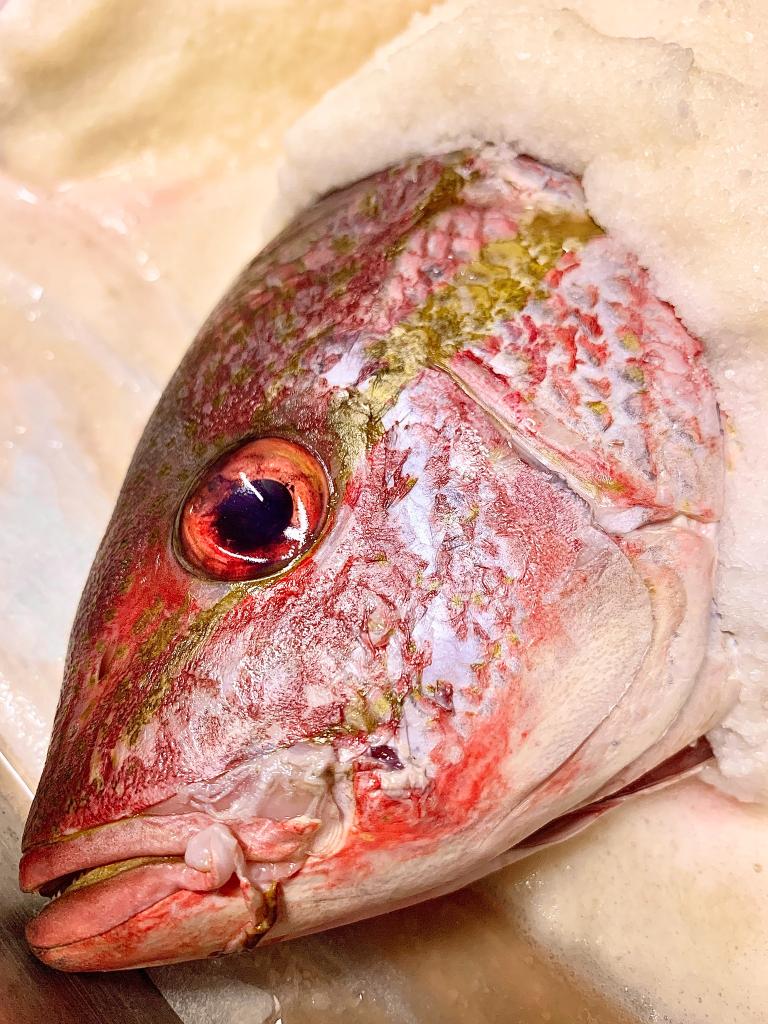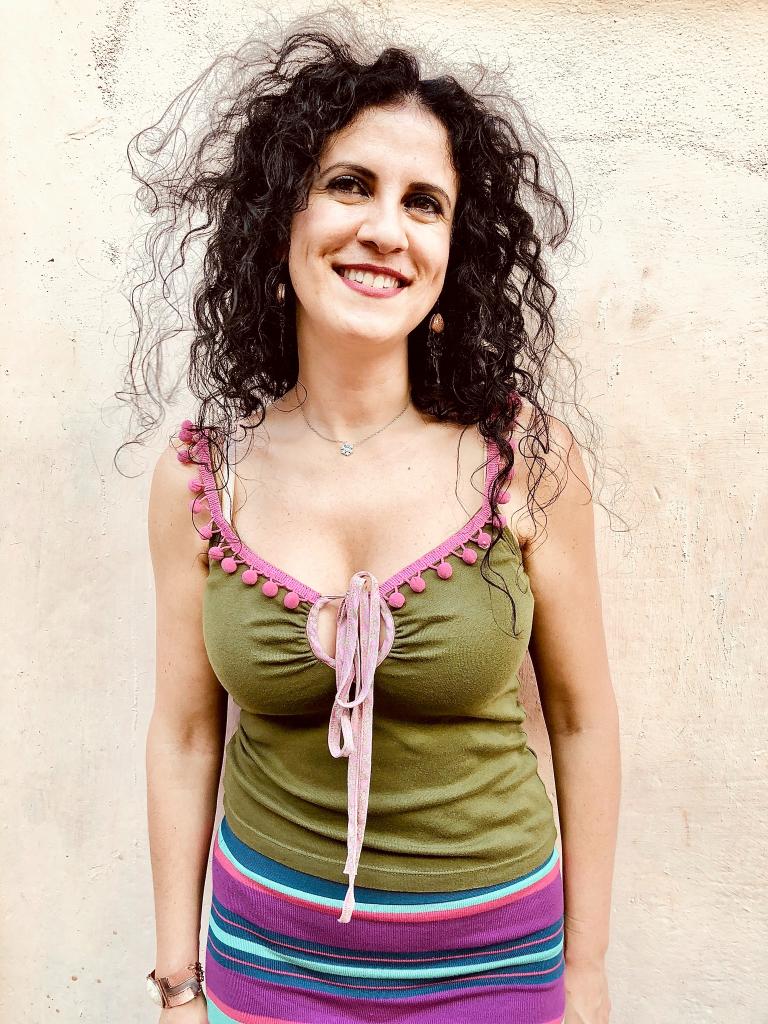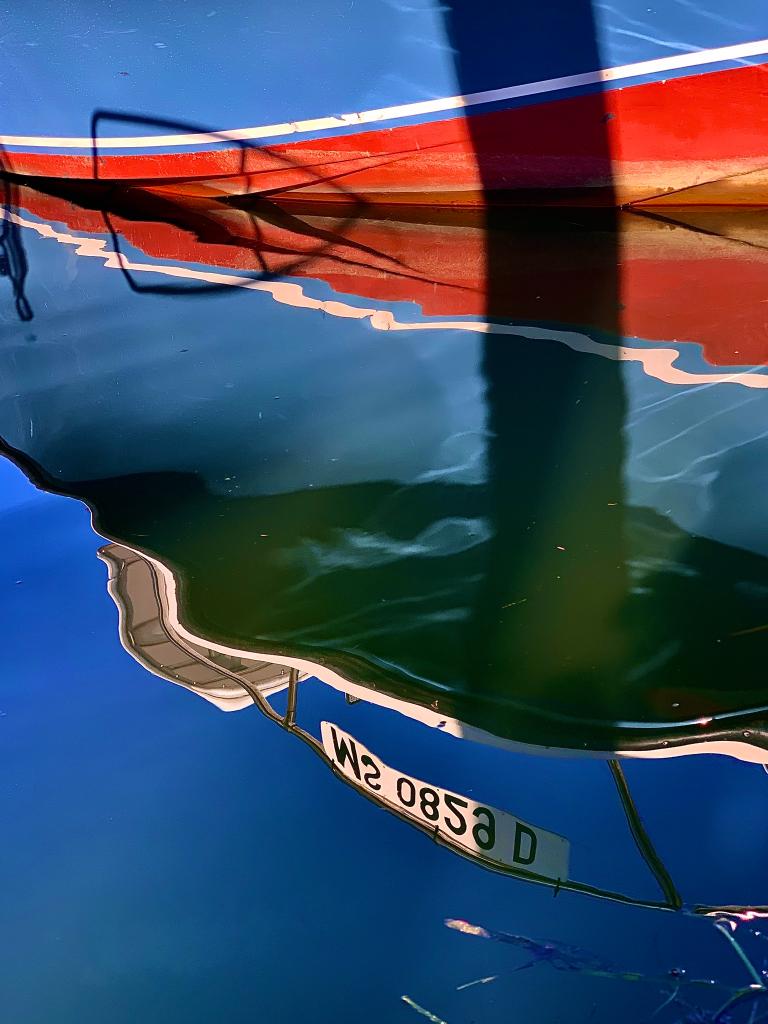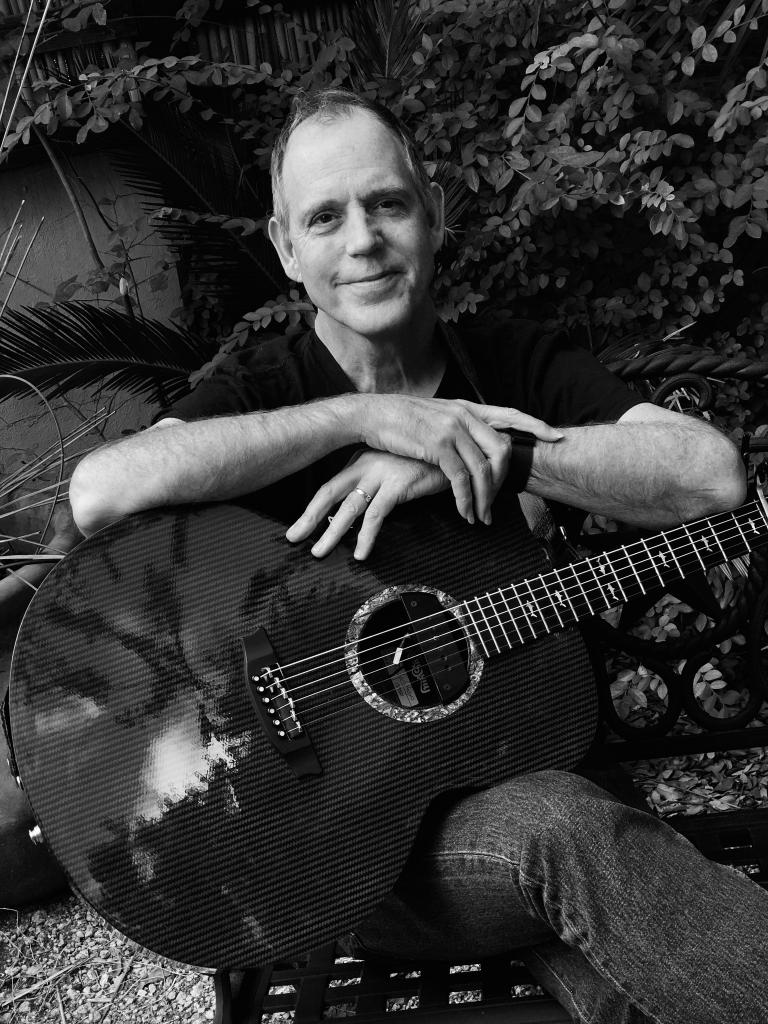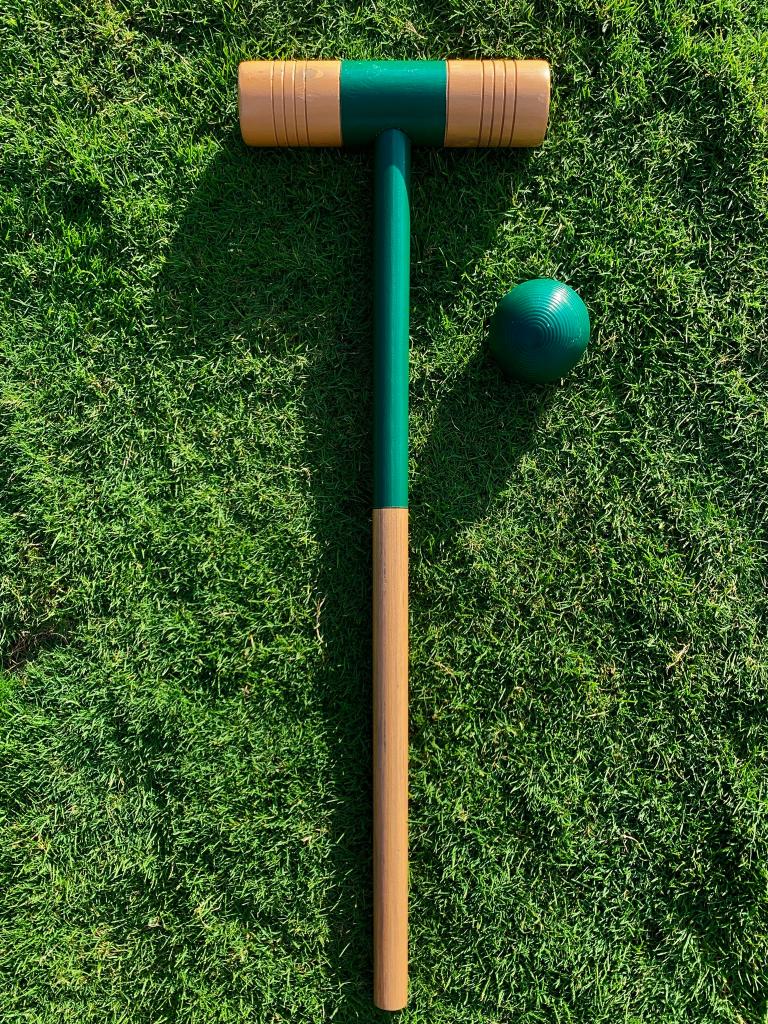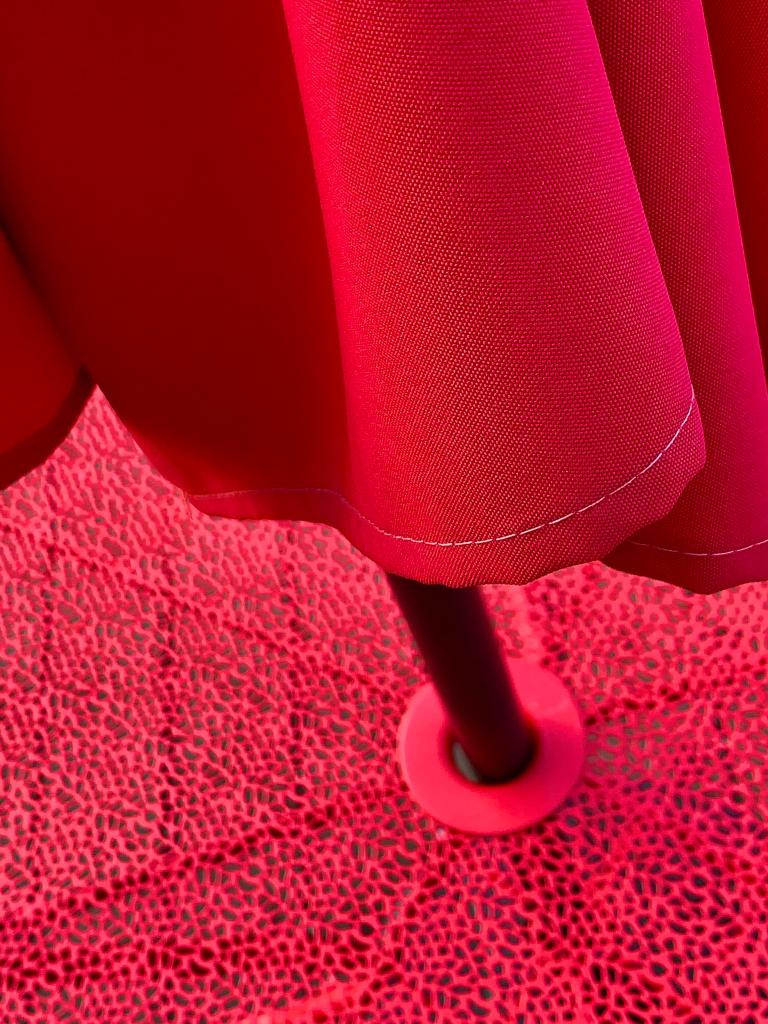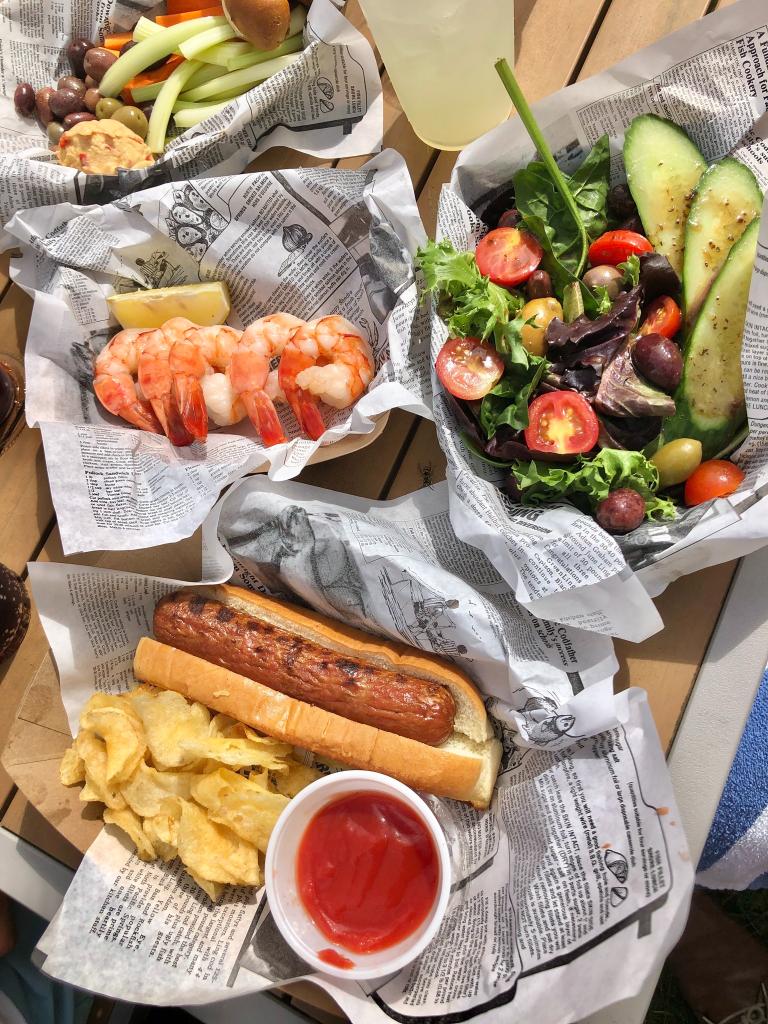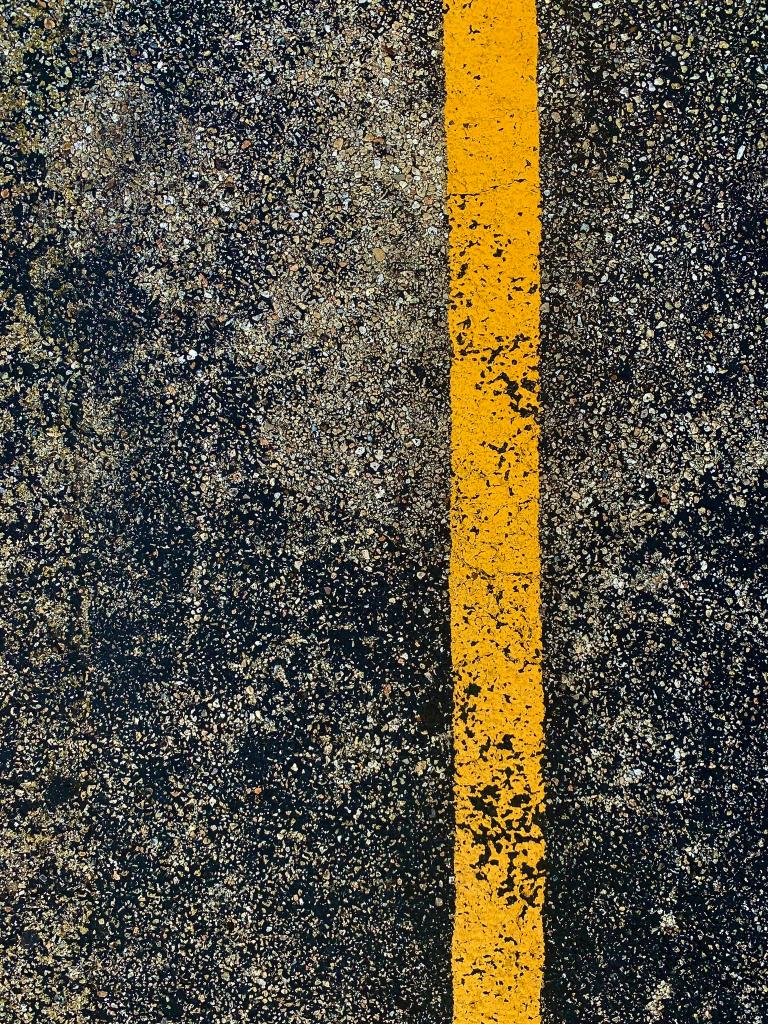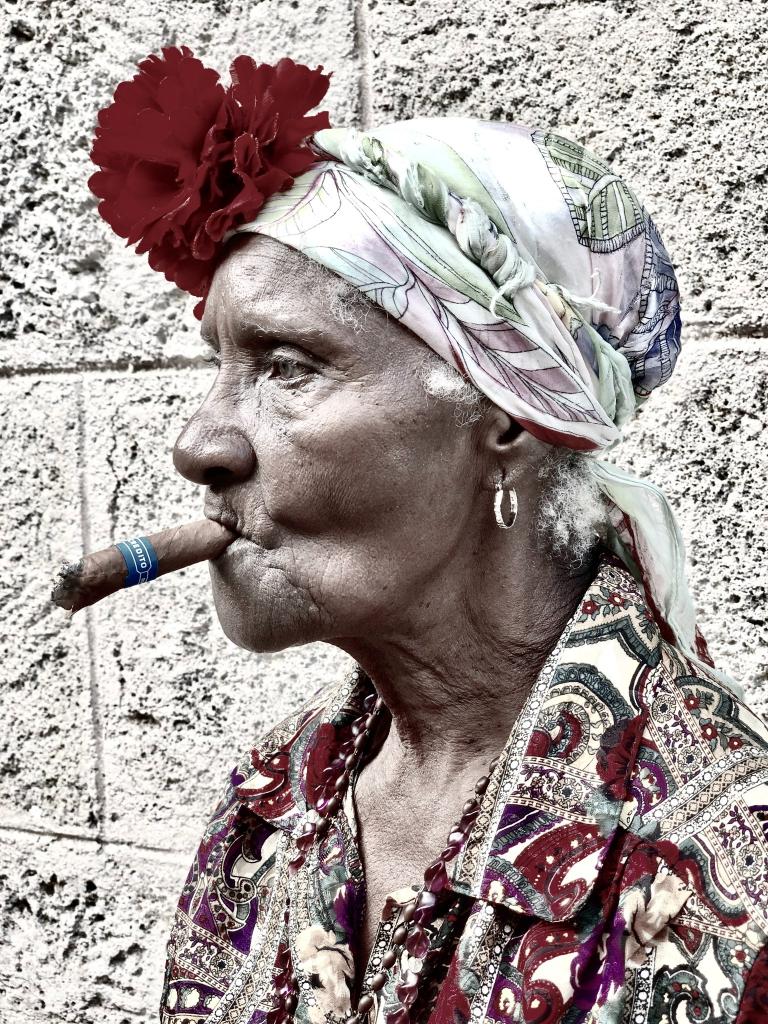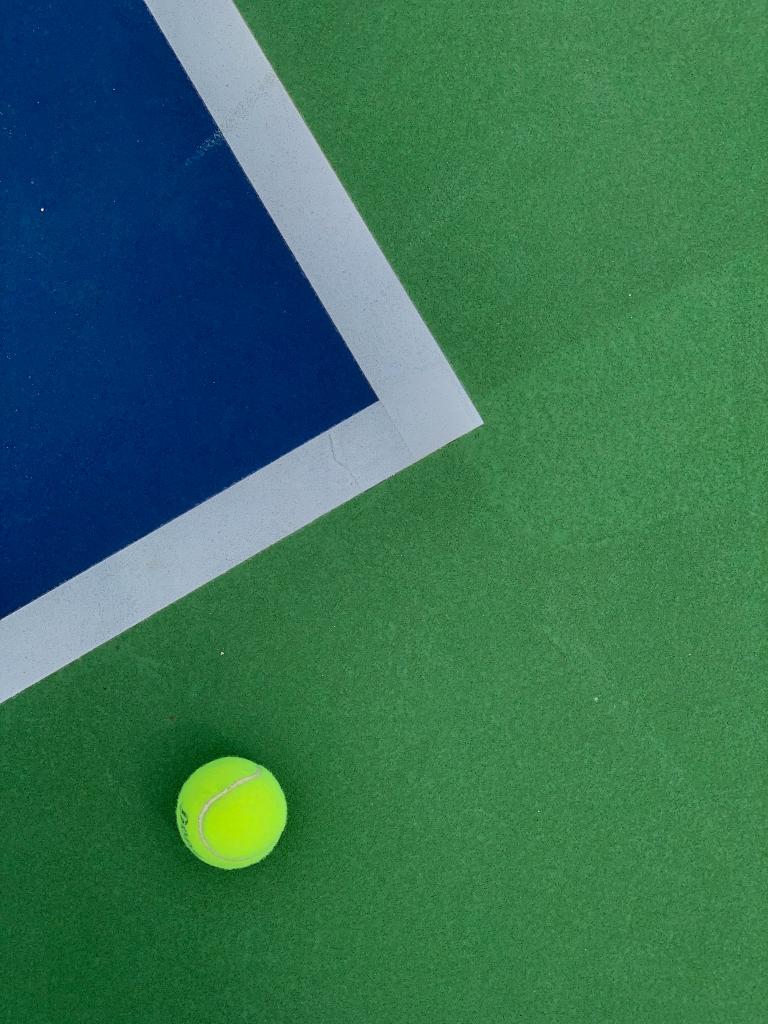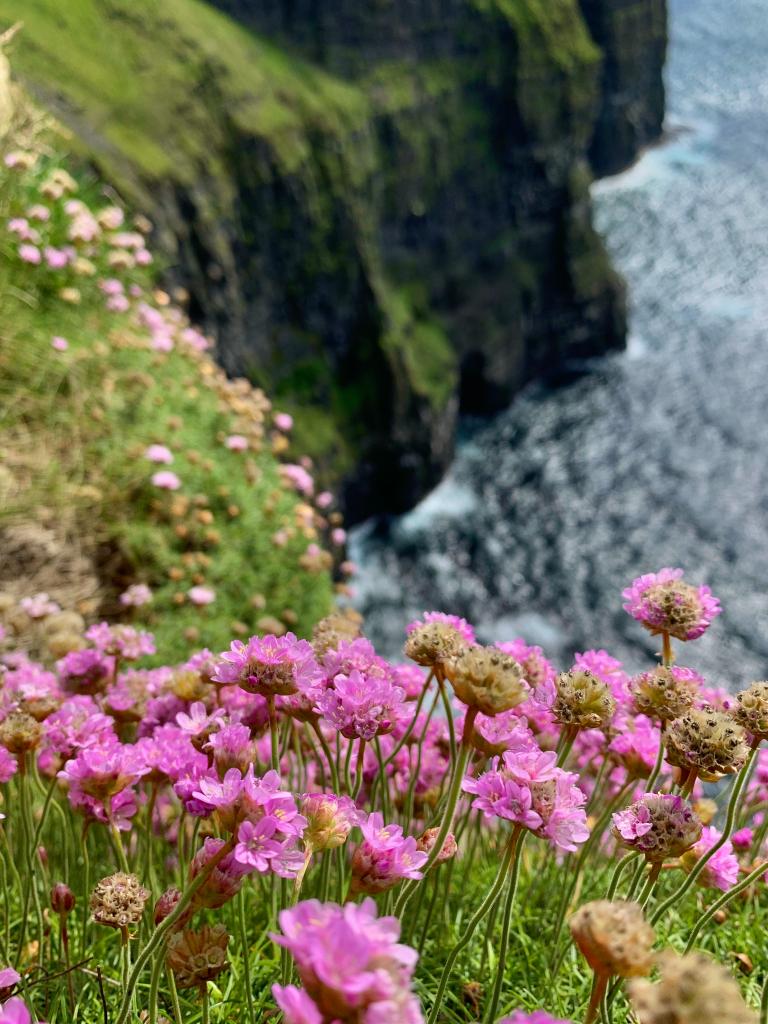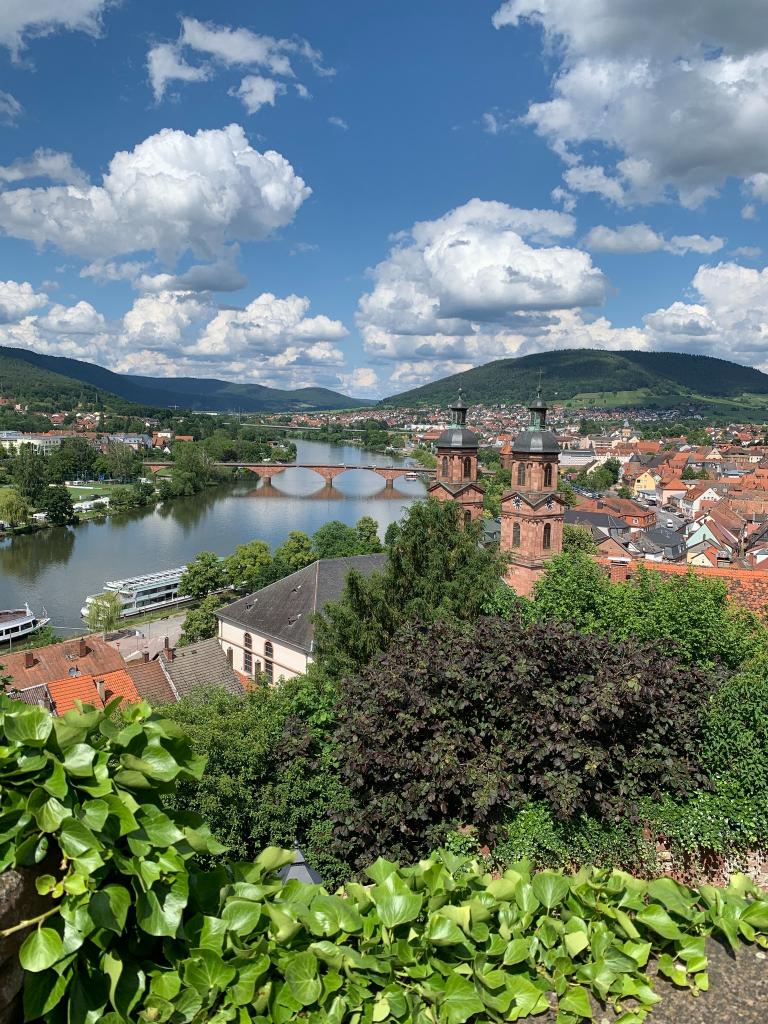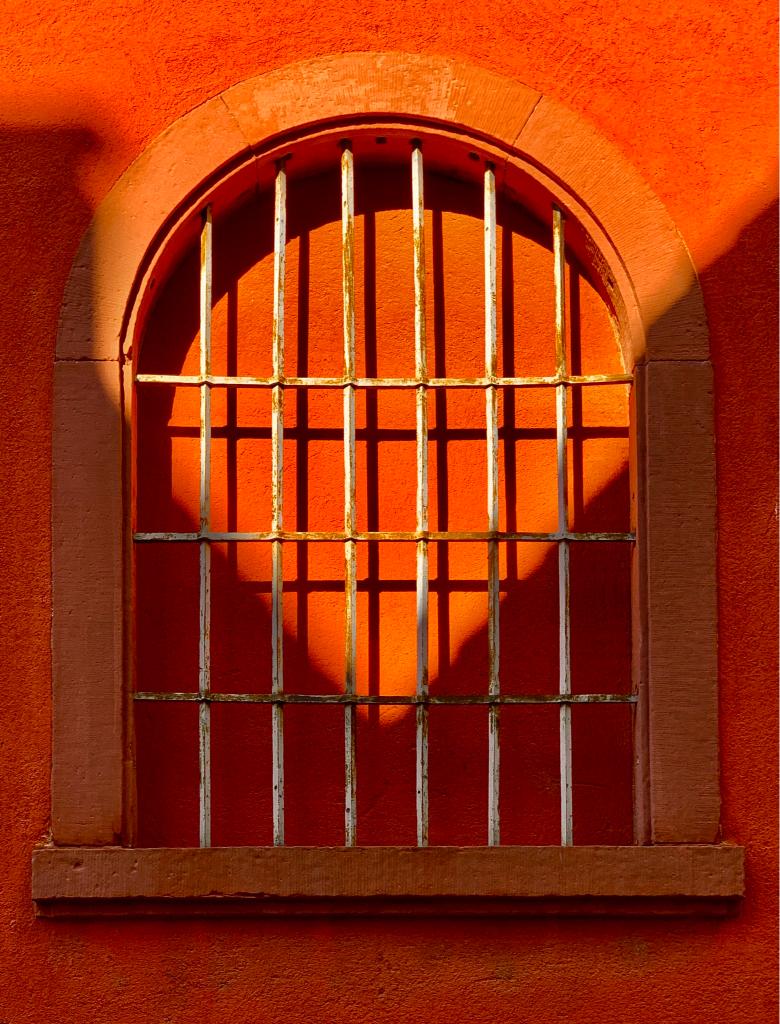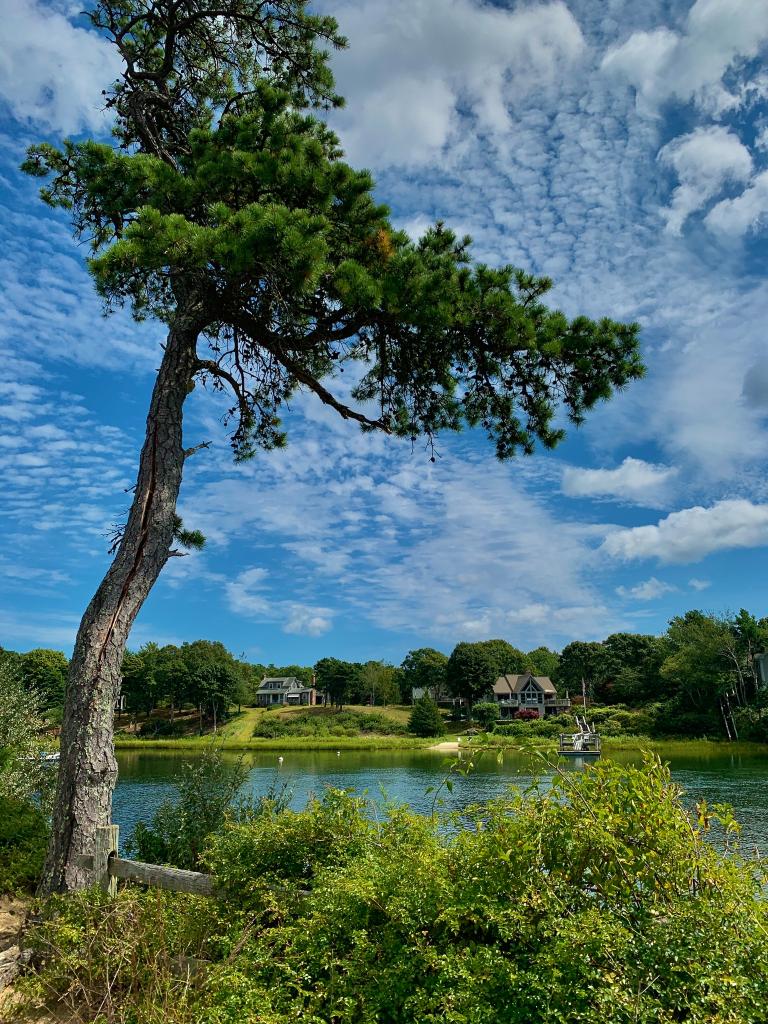As a photographer and a teacher of photography, I often get asked what kind of camera I use, or what kind of camera I recommend for beginners. People seem to think that the quality of their photos depends on the quality of their camera, and that the more expensive or advanced the camera, the better the photos.
In my humble opinion, especially after experiencing 12+ years of exclusive and obsessive iPhone shooting, the choice of camera is not as important as the vision and skill of the photographer. A good photographer can take great photos with any camera, and a bad photographer can take bad photos with any camera.
What do I mean by vision and skill? Vision is the ability to see the world in a unique and creative way, to find beauty and meaning in the ordinary, and to tell stories with your images. Skill is the ability to use your camera effectively, understand its settings and functions, and apply the principles and techniques of photography.
Vision and skill are not something that you can buy or inherit. They are something that you have to develop and practice. They are the result of curiosity, passion, experimentation, and learning. They are what make your photos stand out from the crowd, and what make you a better photographer.
Don’t get me wrong. I’m not saying that the choice of camera is irrelevant or insignificant. Different cameras have different features and capabilities that can suit different purposes and preferences. Some cameras are better for certain genres or situations than others. Some cameras are easier or more fun to use than others. Some cameras can inspire you or challenge you more than others.
But what I’m saying is that the choice of camera is secondary to the choice of photographer. A camera is just a tool, a means to an end, not an end in itself. The camera does not make the photo, the photographer does. The camera does not have a vision or a skill, the photographer does.
The camera does not have a personality, tastes, style, or preferences.
This is not a new or original idea. Many famous photographers have expressed similar thoughts over the years. One of them was Ansel Adams, who said, “The single most important component of a camera is the twelve inches behind it.” He meant that the most important factor in photography is not the camera itself, but the mind and eye of the photographer behind it.
So next time you are tempted to buy a new camera or upgrade your old one, ask yourself: Do I really need it? Will it improve my vision or skill? Will it make me a better photographer? Or am I just looking for an easy shortcut or a quick fix?
Remember that the best camera is not necessarily the one that’s in your hands, but the one that’s in your head.
Click
Jack
